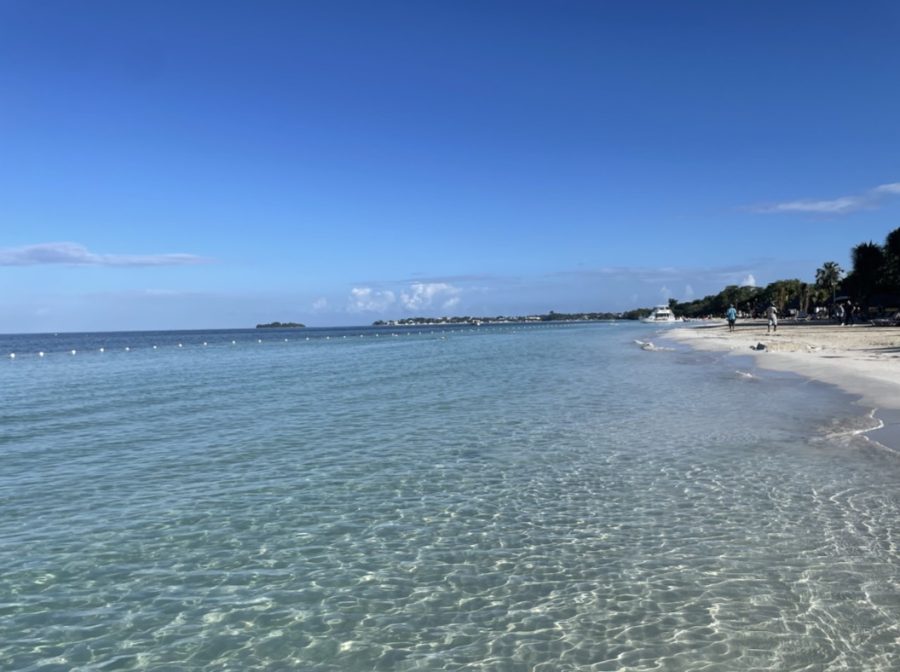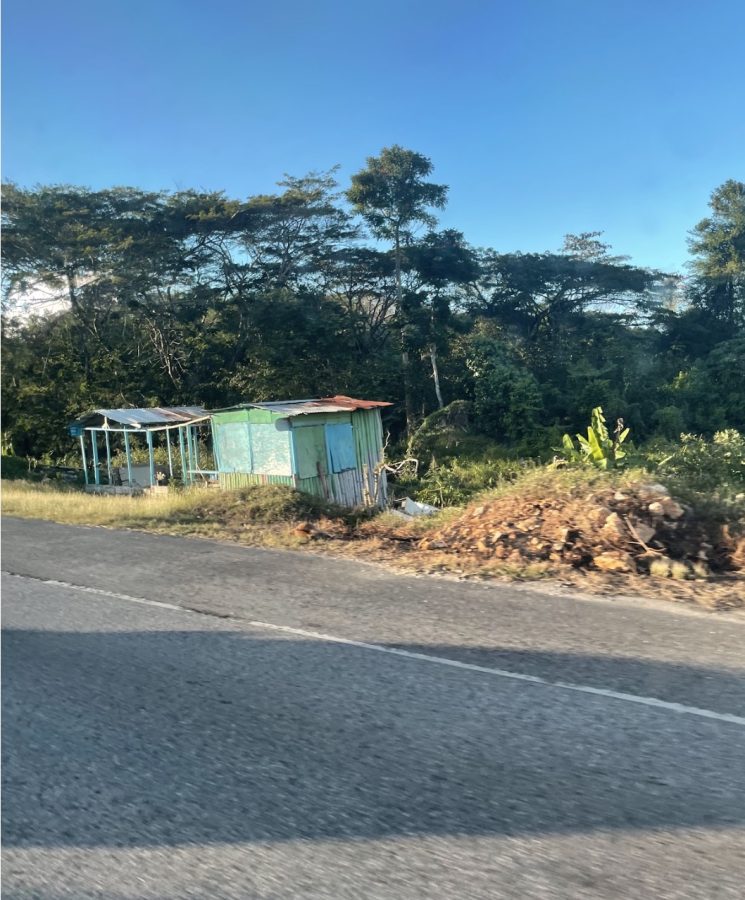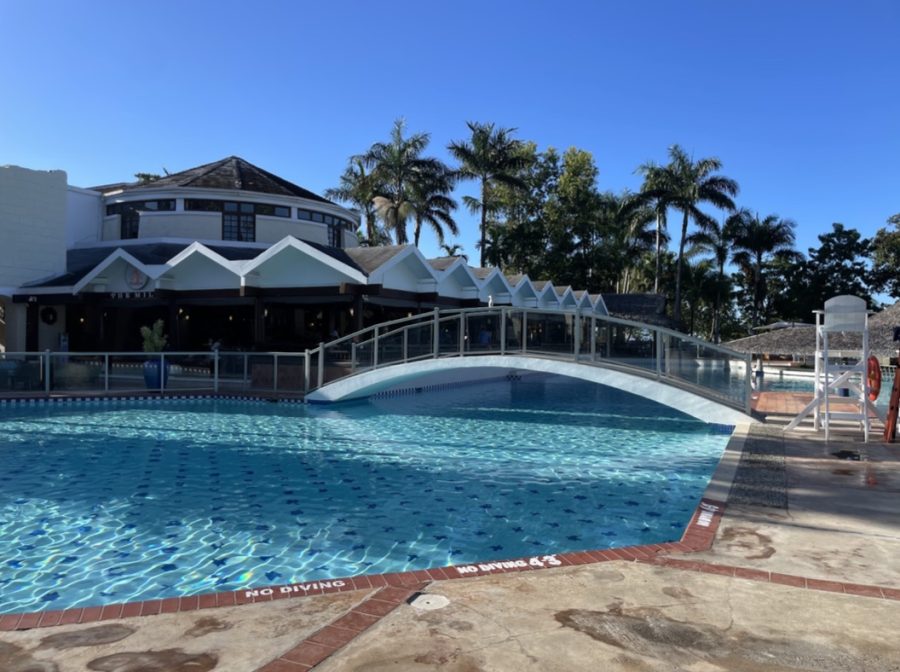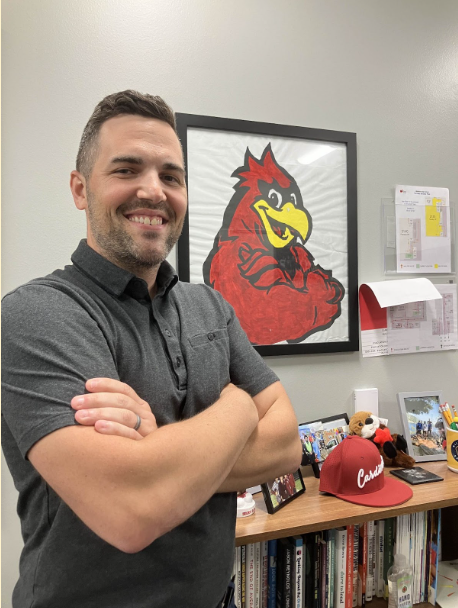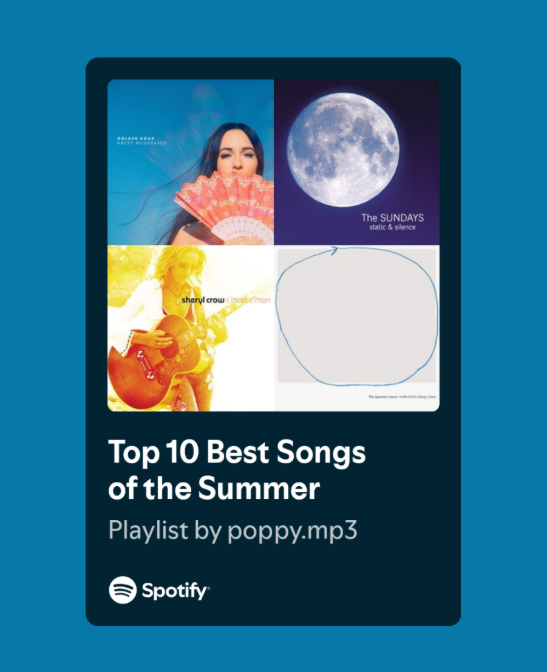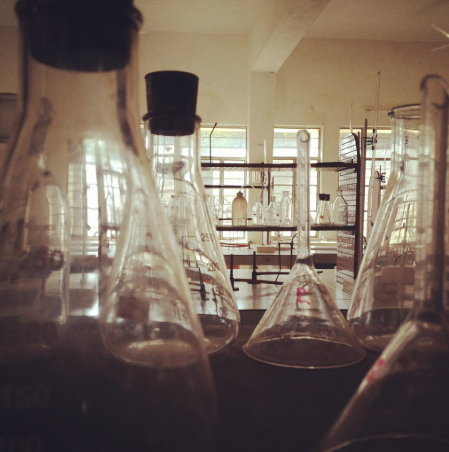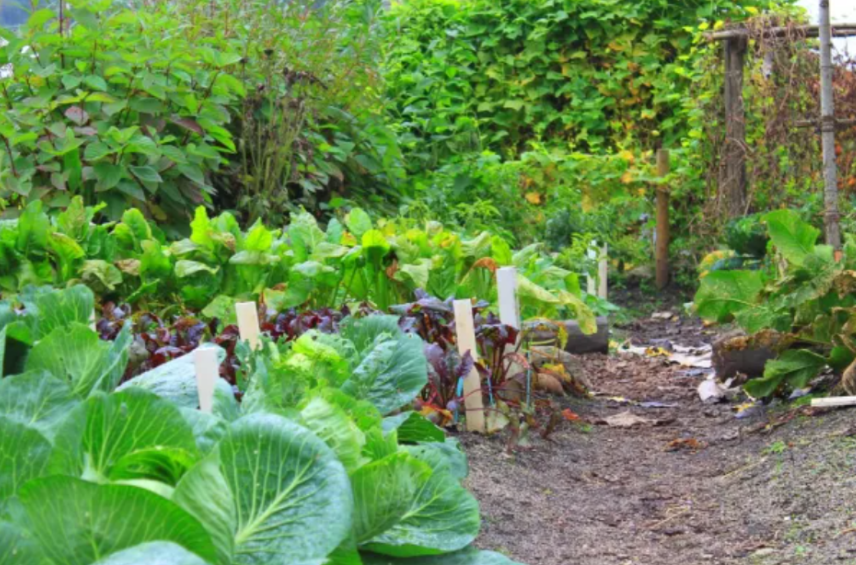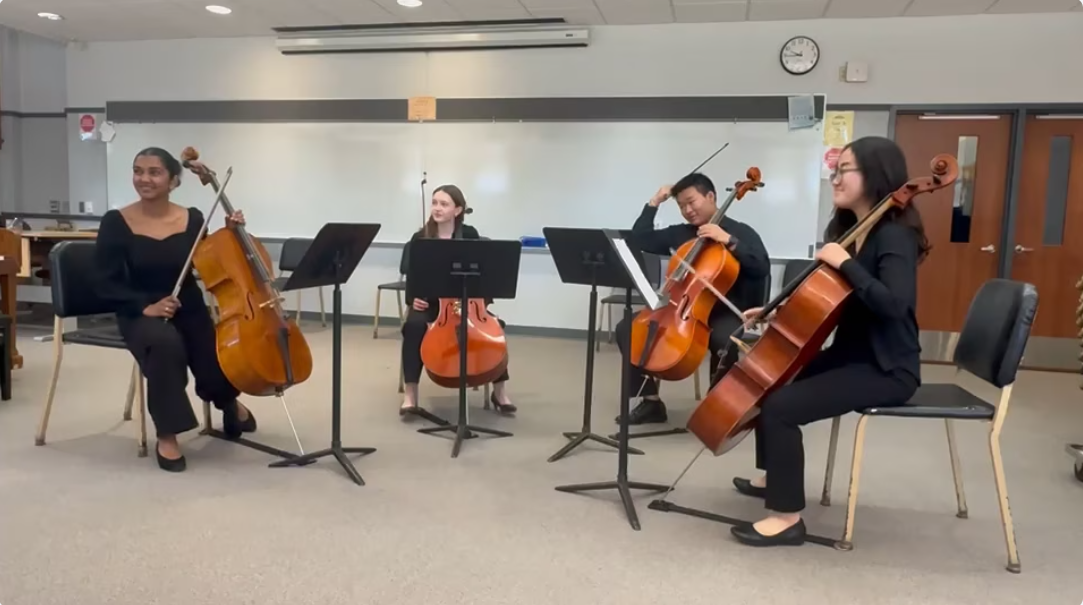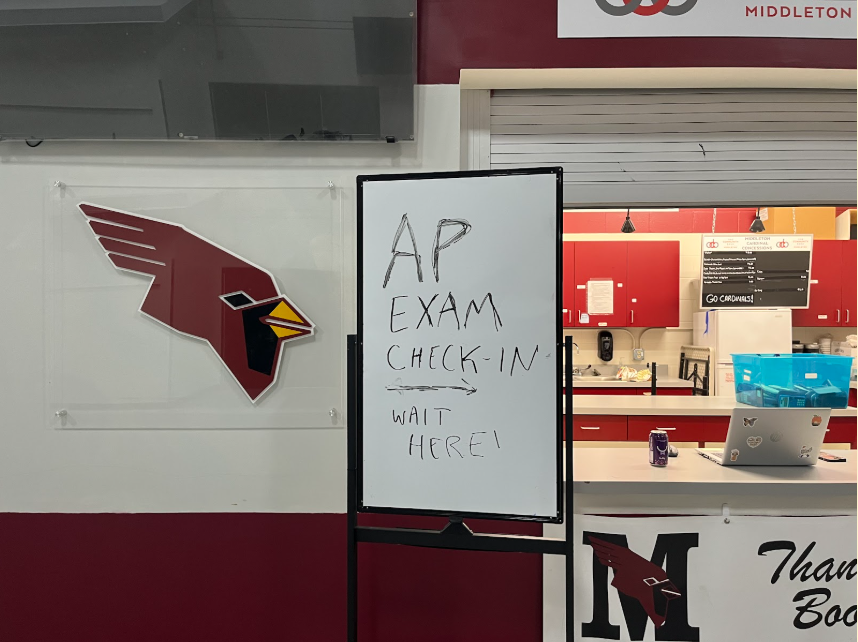Jamaica and the Impact of Tourism on Impoverished Countries
January 29, 2023
On Jan. 3, 2023, the plane carrying my family and me landed in Montego Bay, Jamaica. As it was my second time traveling to the Caribbean island, I was ecstatic to see the gorgeous country once again. But the last time I went, I was a naive, young seven-year-old girl who knew nothing about poverty and struggle.
Jamaica is one of the many islands that make up the Caribbean. Photos of the country reveal sparkling water, bright white beaches, and tall swaying palm trees. But behind the beauty lies a tragic truth; Jamaica is a suffering country. Jamaicans face the danger of gang crime, and a lot of it. On Dec. 7, 2022, Jamaica’s Prime Minister, Andrew Holness, declared a state of emergency to combat violent crime. Jamaica has one of the highest murder rates in the Caribbean, 45 for every 100,000 people in 2020. The homicide rate in Wisconsin that same year was 7.8 per 100,000 people.
Gang violence has been prevalent for years, though it does not stop the booming tourism. While tourism faced a dip during the COVID-19 pandemic in 2020, in 2019 4.2 million people traveled to Jamaica. The country’s economy is dependent on tourism, which is why the December state of emergency allows law enforcement to arrest people and search buildings without a warrant and is being enforced in nine of the fourteen Jamaican Parishes, including Montego Bay, the parish we flew into, and Westmoreland, the parish we stayed in.
When I found out last year that I would be traveling to Jamaica, the ongoing political and social environment never crossed my mind. It was not until December when I saw a news article about the declared state of emergency that my interest became sparked. I was curious and decided to research more about it. The more I did, the more concerned I became. According to the US Travel Advisory, Jamaica fell under Level 3 of 4: “Reconsider Travel.” Seeing this made me even more anxious.
After we landed in Montego Bay, we took a private shuttle to our resort. As we drove through the big, busy city, I could not help but be in awe of the bustling city surrounded by hilly terrain covered in green. However, as we continued down the public roads full of daring Jamaican drivers, I started to notice many houses falling apart along the way. I knew from prior knowledge that Jamaica is an impoverished country, but seeing it in real life made this reality more real to me.
Jamaica, a part of the British Commonwealth, saw an increased rate of poverty between 2018 to 2020, with a poverty rate of 23% in 2020. As we drove, I continued to notice signs of this. Not only could you see rows of tiny, shack-like houses, you could also see the sides of the public roads lined with trash.
Despite the clear and prominent issues in Jamaica that we knew, and saw, the resort reflected nothing of the sort. As our shuttle pulled into the resort we were staying at, it was as if we were driving into a different world altogether. The resort was filled with sparkling pools, beautiful interior design and a beautiful, clean beach: nothing like the poor countryside we had driven through to get there.
As I noticed the stark differences between the lavish resort and the outside world, I could not help but feel uneasy. It felt wrong that I was able to experience a vacation like I did while there were locals that were struggling.
Tourism can have many great advantages for a country, but also can carry a heavy burden of disadvantages as well. Though tourism may be excused as a way to bring money to a country, the money that is earned from the tourism industry is very often reinvested back into the industry. This is why countries end up developing tourist hot spots, such as Negril or Montego Bay, while other parts of the country live in poverty and struggle.
Tourism, though it has its problems, is essential to the economies of many developing countries. It provides a semi-stable source of income for the country and creates jobs for locals. However, travel is not all positive. It is important when traveling to understand the effects of how and where you travel.
The trip I took was an experience I am grateful to have had and shared with family. It also gave me the opportunity to reflect on the privileges I have and the world I experience through my perspective whether it be an airport shuttle, a resort or even my home.



